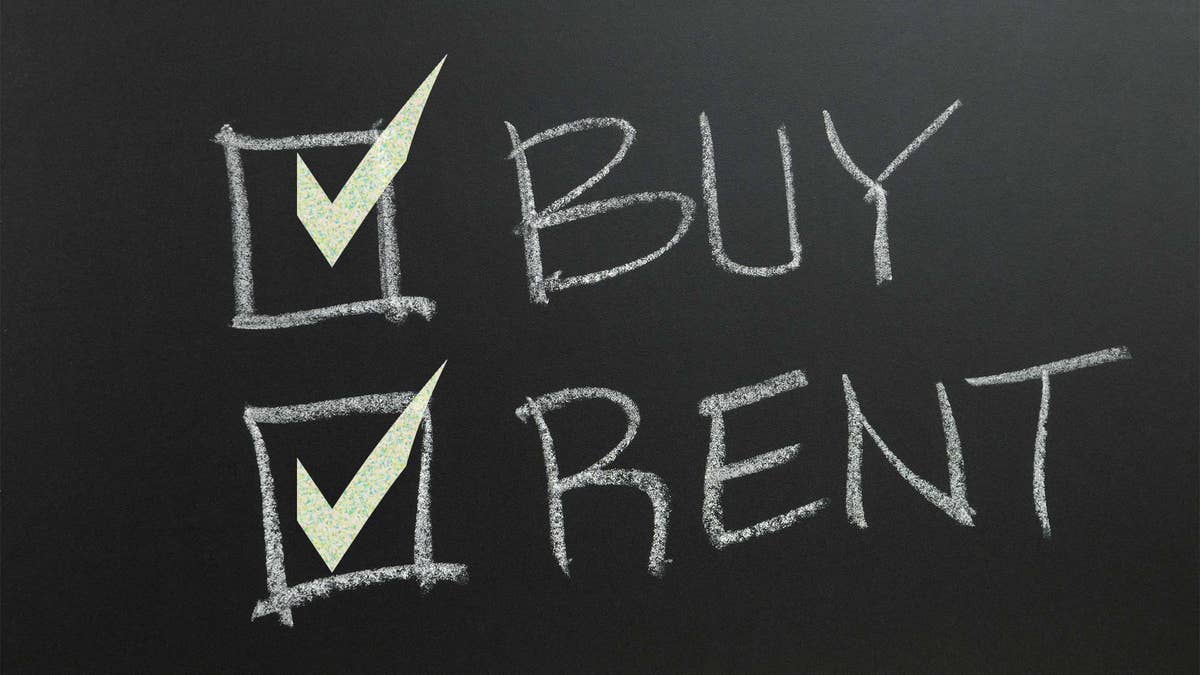
buy and rent checkmarks (plherrera)
You may not know this, but you can use projected rental income to qualify for a mortgage on a new property you're looking to buy and lease out. Here's how it works.
Some mortgage companies will give you the benefit of fair-market rents when you purchase a property with the intention of renting it out. This type of financing is called non-owner occupied and costs more than primary home financing. You can expect to receive a rate that's 20 to 35 basis points higher than owner-occupied and secondary home transactions.
Now, let's say you've had a rental property for the last few years. Your new rental agreement is higher than the rental income from previous years, which is identified on your tax return. You cannot use this new income to qualify, as there is no history of that income.
Instead, lenders will perform a rental property analysis, taking into consideration depreciation, expenses, insurance, mortgage, HOA and interest paid to banks. The net income of this lender averaging will determine how your rental with hurt or help your ability to borrow.
It's important to keep in mind that showing big losses on your Schedule E (the tax form listing supplemental income and loss from rental real estate, royalties, partnerships, estates, trusts, etc.) can actually limit your borrowing power. Though it won't automatically preclude you from qualifying for a mortgage, it will factor into your debt-to-income ratio, or DTI. (Your debt-to-income ratio is a benchmark percentage lenders use to assess how much debt you can carry against your income.)
How rental income factors in
Here are some general lending rules for rental properties.
- Projected rents may be used by most lenders to offset against the mortgage payment at up to 75% of projected fair market rents determined with an appraisal when buying a property.
- If you owned a rental property for the last 12 months, the lender will average your expenses, which may impact your income ratios and ultimately how much mortgage you can handle.
- If you bought a rental in the last year but have not yet filed your return, you can use 75% of projected fair market rents with a rental agreement, bypassing the rental averaging lenders use.
How you report your expenses on your Schedule E will make all the difference in your ability to qualify for a loan. Even if a property shows a loss, it can still make sense to borrow, as keeping the property over time might mean carrying forward losses to offset against future taxable earnings.
Alternatively, selling the property may net extra funds that allow you to purchase another property and minimize rental losses in the process. Please note, you should always consult with a licensed tax professional regarding your unique situation.
Remember, a good credit score, too, can help secure a more affordable mortgage since it helps you qualify for better rates and terms. (You can see where your credit currently stands by pulling your credit report for free each year at AnnualCreditReport.com and viewing two of your credit scores for free each month on Credit.com.) You may be able to improve your score by paying down high credit card debts, limiting new credit inquiries and waiting for negative information to age off of your credit report.
-- -- --
This article was written by Scott Sheldon and originally published on Credit.com.
What Is a Good Credit Score? Life After Loan Denial How to Get a Personal Loan With Bad Credit